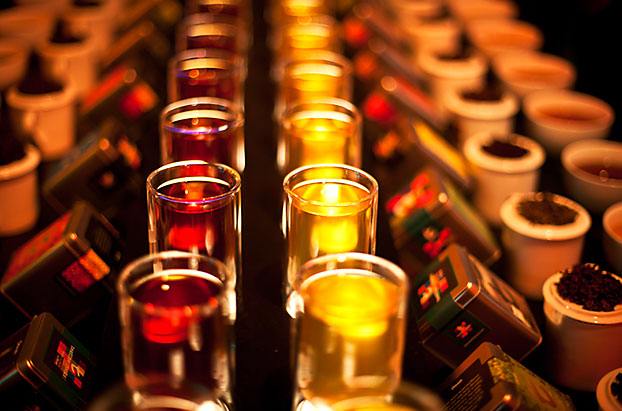The Sense of Taste & Tea

Tea is varied in type and limitless in terms of variety of flavour. The taste of tea is a complex perception as it is influenced by several factors. The terroir of tea, the fermentation process, the strength of the brew are just some of the factors that affect its taste.
The Dilmah Watte teas provide a good indication as to how the terroir affects the taste of tea. The taste of low grown Yata Watte tea is full-bodied, rich and velvety, and high grown Uda Watte tea is light, lively and fresh while the mid-grown Meda Watte tea is rich, quite assertive and pleasantly drying but not in any way aggressive nor bitter. The delicate, peak grown Ran Watte tea has taste that is light, lively, fresh and elegant in finish.
In addition to this the flavours can be woody & smoky, floral, herbaceous, citrus, fruity non citrus, spicy & balsamic, earthy, meaty & marine or caramelised and others. Hence experimenting with different flavours of tea can be quite an adventure which will tantalize your sense of taste.
Tea tasting is done in a manner similar to wine tasting. According to ‘The Way of Tea’ by Edwin Soon, when tasting tea, the taster spoons the liquor, sucking and slurping it into his mouth at a speed of 200km per hour where upon the tea explodes into a fine mist at the back of his palate.



